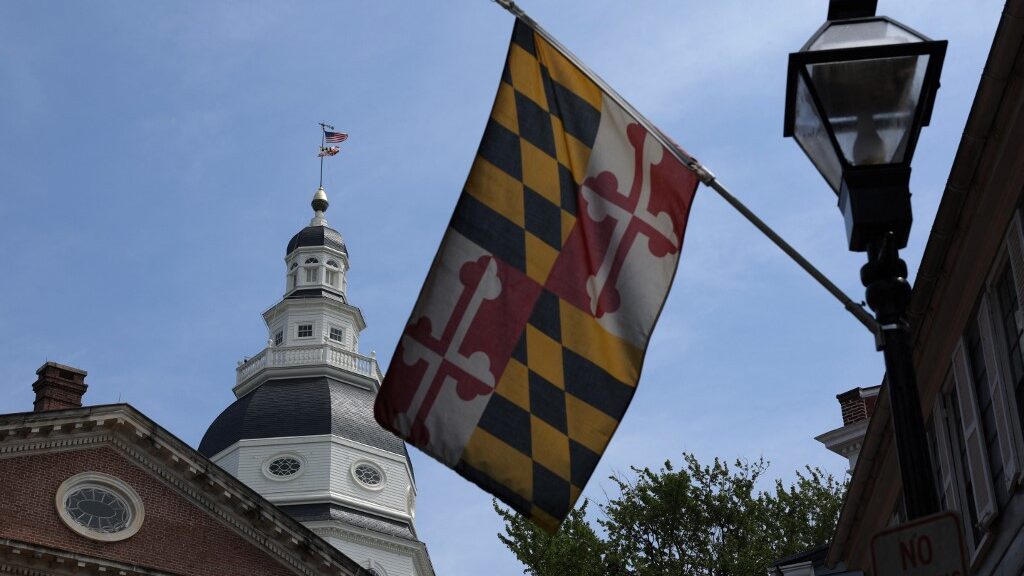
Maryland lawmakers want to stop online gambling on college campuses. Del. Pamela Queen proposed a bill (HB 1087) that seeks to ban betting on college campuses in the state. The bill will be discussed by a committee at a hearing on February 22nd.
Let’s explore the essential elements of the proposal and assess how it could impact the online sportsbooks industry.
Key Aspects
The bill says that by Aug. 1, 2024, every college in Maryland must:
- Set up a geofence around the campus. A geofence is a virtual boundary that blocks access to certain websites or apps inside the area.
- Post a policy online that explains the ban on online gambling and follows the rules of the bill.
Queen’s legislation is designed to help safeguard college students. This is because individuals between the ages of 18 and 20 are particularly susceptible to developing gambling issues.
Not the First Time Maryland Battles Sportsbook Operators
Last year, Maryland lawmakers passed a bill that banned sports betting deals between colleges and gambling companies. Colleges could not get money from gambling companies when students or former students signed up with a special code.
The University of Maryland and PointsBet stopped working together in 2023. They did not say why they broke up. Yet, this happened after lawmakers talked about making more changes to college betting rules in Maryland.
Online Casino Bill Also Being Considered
In the shadow of the battle over college sports betting is another bill that would allow online casinos in Maryland. Rep. Vanessa Atterbeary introduced that bill in the House last week. A similar bill was already introduced in the Senate.
HB 1319 is scheduled for review by the House Ways and Means Committee on February 26th and it carries significant weight.
Unlike its Senate equivalent, this bill is proposing to issue as many as 12 online casino licenses, which is a substantial number. Interestingly, unlike the Senate version, this bill does not tie these licenses to the state’s physical casinos.
The bill proposes imposing a minimum tax rate of 20% on live dealer table games and a substantial 55% on all other forms of online casino gaming for license holders.
Maryland’s legislative session is currently underway until April 8th, with a crucial deadline for bill crossover set for March 18th. This allows legislators some time to maneuver and deliberate on both of these bills before they proceed further. Even if a bill manages to advance, it must still go before voters in November.
Sports Betting Market Young, but Strong in Maryland
Sports betting has only been around in Maryland since November 2022. However, in that time, it has grown into quite a lucrative venture.
In January 2024, sports betting brought in $80 million, the second-highest amount ever recorded since it started. This led to Maryland gambling operators earning nearly $55 million in the same month, the highest monthly earnings they’ve ever seen.
The state also benefited from this surge in gambling activity, as the companies had to pay 15% of their profits in taxes, totaling $8,246,847.
Overall, Maryland saw a significant increase of 290% in gambling revenue and taxes from January 2023 to January 2024.
Now, we’ll wait to see which way lawmakers will side on the college campus betting ban bill and the online casino bills. Maryland’s gambling landscape could be significantly changed.













